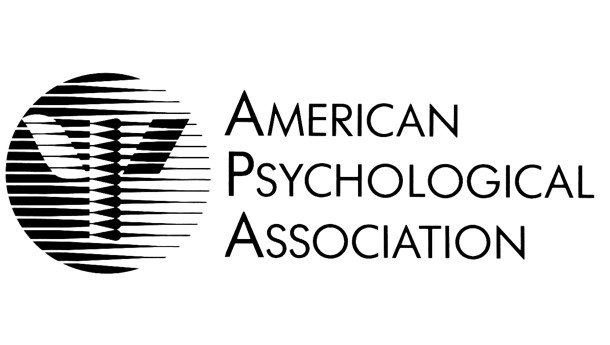Please support Game Informer. Print magazine subscriptions are less than $2 per issue
APA Responds To Aggression Study Criticisms From More Than 200 Psychology Academics

Last week, the American Psychological Association published a report affirming that video games are linked to aggression. Following that, we also reported that in 2013, more than 200 psychology academics wrote an open letter to the APA expressing concern about the aggression task force, its methodology, and its make-up.
The study, which was a meta-analysis of other works conducted on aggression as a result of gaming, reaffirmed that a link exists between the two. The study does say that there is no apparent link to violent action, however.
Following our report on the APA's task force study on aggression, I was approached by one of more than 230 psychologists that raised concerns with the task force's methodology. Stetson University psychology professor Chris Ferguson told me that he felt the process wasn't transparent and that the APA was purposely favoring studies that supported a 2005 policy statement that definitively linked video gaming with aggression.
After I spoke with Ferguson, I reached out to the APA to give the group an opportunity to respond to the concerns he and his peers raised. The open letter pointed out concerns with the meta-analysis approach used in the APA study.
“We are skeptical of a 'the average effect size wins' approach to meta-analysis, which could be used to smooth over inconsistencies and failed replications,” the letter says. I asked the APA about its process and the concerns raised by members of the psychology community.
“We found no evidence of a growing trend,” says Mark Appelbaum, PhD, emeritus professor of psychology at the University of California, San Diego and chair of the APA task force that produced the report. “Our analysis, covering the period from 2009 to 2013, produced an effect size that was very similar to the ones obtained in previous meta-analyses of earlier research. The purpose of a meta-analysis is to look at patterns cross a body of research. This reduces the chance of focusing on one or two studies that do not represent the findings as a whole. The link between gaming and aggression has actually been remarkably consistent over time. We stand by the task force report.”
“The reason they didn't find a trend is simply because they decided to exclude most null studies from their analyses,” Ferguson told me. “There absolutely is a growing trend toward more null studies. The APA simply excluded the studies that would show the trend. This is a serious bias issue with their analysis.”
I also asked the APA about the open letter and its communication with the group of 238 scholars. Specifically, I inquired as to whether any of them had been solicited for participation.
“The task force had already been formed and had completed the work of identifying the literature to be reviewed and were in the process of that review before it received the letter in question,” Appelbaum told me. My second question about whether any of those individuals had been approached to participate in the first place went unanswered.
When I approached Ferguson to address the timing, he expressed his beliefs that the APA wasn’t interested in a comprehensive or objective study. “They had two years to incorporate [the open letter] or even talk to us, but they chose to do nothing,” he says. “I think had they been serious about an objective review they should have reached out to such a large group of scholars. That they didn't fits a larger pattern of the APA excluding other scholars from conclusions made that appear to benefit them. This was evidenced in the Hoffman report on their involvement in torture and the same pattern is evident here.”
Should there be any further developments in this story, we’ll update.
Our Take
While the APA’s responses help put clearer definition around its methodology, Ferguson and his peers have questioned the very foundation of the study. Ferguson claims exclusion of certain segments of the psychology community (many of whom are members of the APA). I’m not trained in psychology, and I can’t speak to the merits of either side. What I can suggest is that when reviewing evidence of this nature, it’s important to remember that academic communities are not monolithic.










